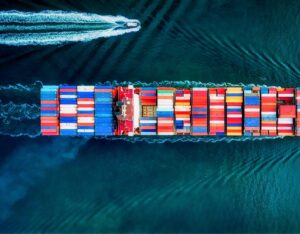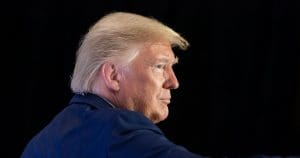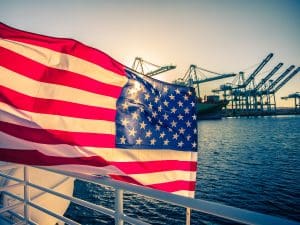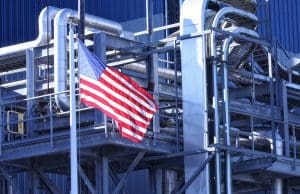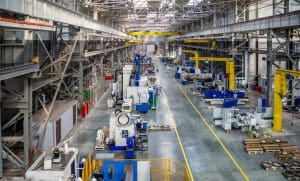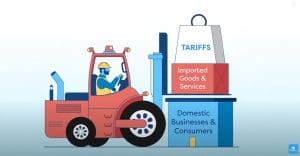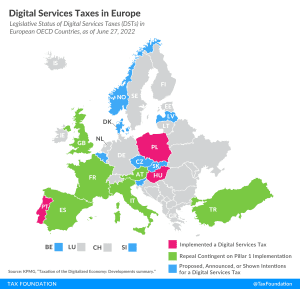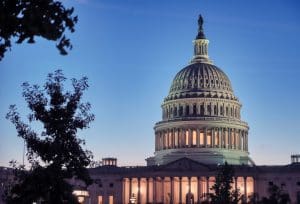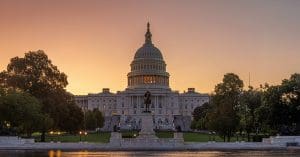In light of high inflation and rising prices, the Biden administration announced it’s considering dropping its current tariffs on Chinese imports to ease inflationary pressures. While the Trump tariffs were intended to protect American industries, they have largely hurt the U.S. economy by burdening U.S. industry and workers. And they invited retaliatory tariffs, primarily from China, on U.S. exports, which have damaged the economy even more.
Historical evidence and recent studies show that tariffs raise prices and reduce available quantities of goods and services for U.S. businesses and consumers, which results in lower income, reduced employment, and lower economic output. For example, the effects of higher steel prices, largely a result of the 2002 Bush steel tariffs, led to a loss of nearly 200,000 jobs in the steel-consuming sector, a loss larger than the total employment in the steel-producing sector at the time. It’s also worth noting that measures of trade flows, such as the trade balance, are accounting identities and should not be misunderstood to be indicators of economic health.
The Biden administration should provide relief to U.S. industries and workers by lifting the Trump tariffs, as they have failed in their objective to bring better trading practices and instead brought about economic damage. Further, the Biden administration should join the Comprehensive and Progressive Agreement for Trans-Pacific Partnership (CPTPP) or sign bilateral trade agreements with other Asian-Pacific countries to continue to diversify U.S. supply chains, expand access to foreign markets, and promote U.S. economic growth. Learn more about Biden tariffs and trade proposals and explore our analysis of Trump trade war policies below.
